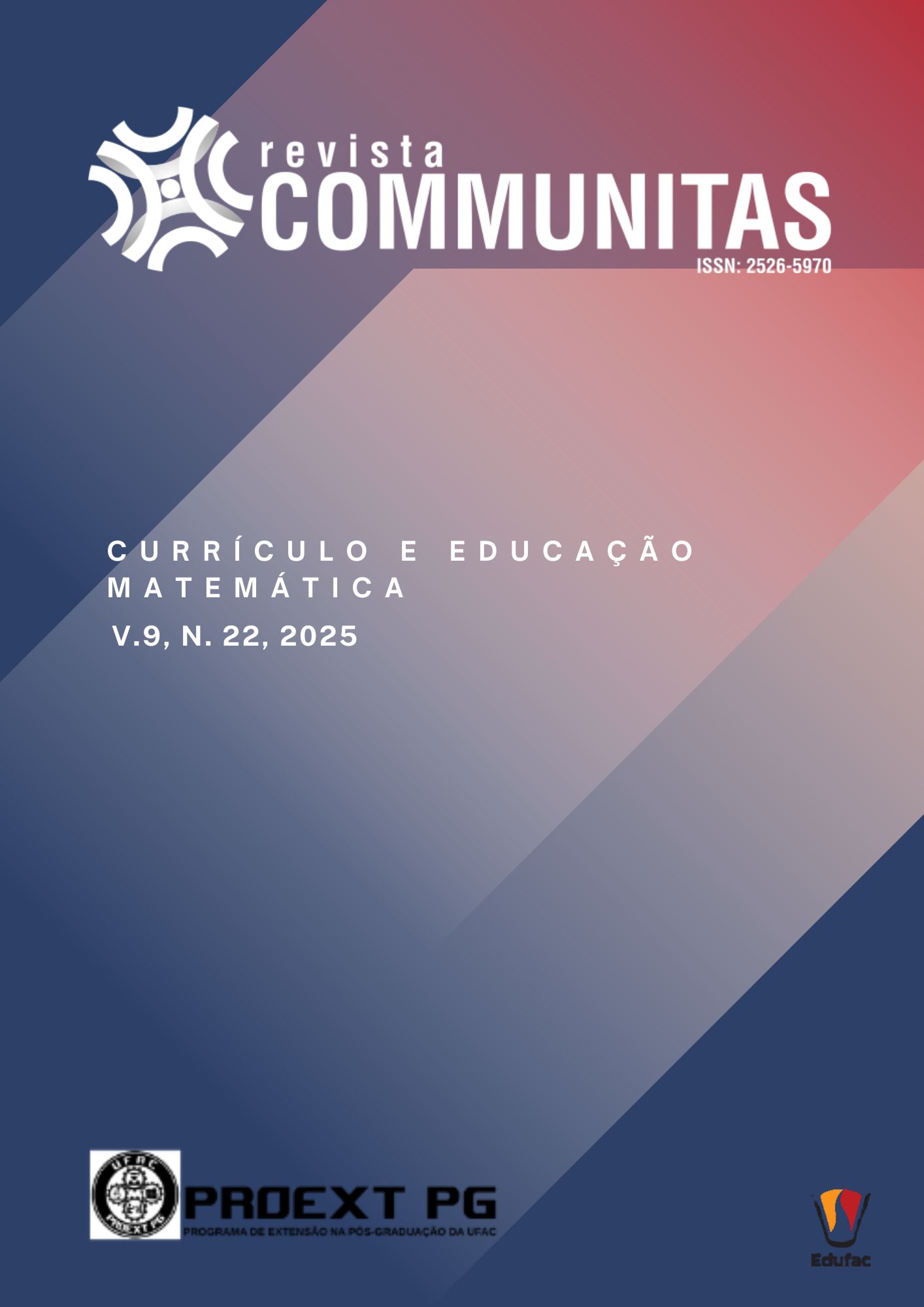CIÊNCIA CIDADÃ COMO PRÁTICA PEDAGÓGICA NA FORMAÇÃO DE PROFESSORES
DOI:
https://doi.org/10.29327.268346.9.22-17Keywords:
Citizen science, Inclusive education, Active participation, Educational technologies, Teacher trainingAbstract
This paper discusses citizen science as a pedagogical practice in teacher training, with an emphasis on its role in building an inclusive, critical, and engaged education. By analyzing experiences from Brazilian and international schools, the integration of citizen science projects into the school curriculum is explored, involving students in the collection and analysis of data on environmental, social, and cultural issues. Citizen science practices connect students with both local and global realities and allow them to become active, critical, and conscious citizens. The use of digital technologies is highlighted as an essential tool for promoting collaborative and democratic education. The paper also examines how these initiatives contribute to the formation of critical subjectivities and identities, addressing the implications of these practices for pedagogical dynamics. Citizen science promotes active student participation, both in the learning process and in solving social problems, positioning itself as an innovative strategy to transform the school routine and foster transformative education.
Downloads
References
COSTA, R. S. et al. Personalized and adaptive learning: educational practice and technological impact. Texto Livre [online], v. 14, n. 3, 2021. e33445. Disponível em: <https://doi.org/10.35699/1983-3652.2021.33445>. Acesso em: 8 nov. 2024. Epub 24 jun. 2022. ISSN 1983-3652.
COMCIÊNCIA. Ciência cidadã: para além da coleta de dados. ComCiência, 2021. Disponível em: <https://www.comciencia.br/ciencia-cidada-para-alem-da-coleta-de-dados/>. Acesso em: 19 nov. 2024.
DAM, G. T. M. ten; BLOM, S. Learning through participation: the potential of school-based teacher education for developing a professional identity. Teaching and Teacher Education, v. 22, n. 6, p. 647-660, ago. 2006.
eBIRD. eBird: Global bird observation platform. 2024. Disponível em: <https://ebird.org/home>. Acesso em: 20 nov. 2024.
GLINCHENKO, I. Tools for developing students' critical thinking in art lessons in general secondary education. Teorìâ ì praktika upravlìnnâ socìalʹnimi sistemami, p. 122-133, 2024. DOI: 10.20998/2078-7782.2024.1.10.
GHEORGHE-GAVRILĂ, H.; HOGNOGI, M.; MELTZER, F.; ALEXANDRESCU, L.; STEFANESCU, L. The role of citizen science mobile apps in facilitating a contemporary digital agora. Humanities & Social Sciences Communications, v. 10, p. 1-16, 2023. DOI: 10.1057/s41599-023-02358-7.
GOLDIN, J.; SURANSKY, C. Pedagogy with a heartbeat: The transformative potential of citizen science in education. Perspectives in Education, v. 42, n. 2, p. 110-127, 2024. DOI: 10.38140/pie.v42i2.8013.
iNATURALIST. Home. Disponível em: <https://www.inaturalist.org/>. Acesso em: 20 nov. 2024.
KLEIN, R.; GOLDSTEIN, B. Enhancing STEM learning through citizen science. In: TECH AND CURRICULUM: A Guide to Integrating Technology in Teaching and Learning. 2019. Disponível em: <https://pressbooks.pub/techandcurr2019/chapter/enhancingstem/>. Acesso em: 20 nov. 2024.
LARRAZ, B. et al. Improving knowledge and awareness and contributing to policy making on river pressures through a citizen science approach: Tagus Web Viewer case (Spain). Water, 2024. DOI: 10.3390/w16152214.
LINS, G. D. S. et al. Potentialities of new technologies in the teaching-learning process in Brazilian public schools. Revista Gênero e Interdisciplinaridade, v. 5, n. 4, p. 239-256, 2024. DOI: 10.51249/gei.v5i04.2163.
SHIRK, Jennifer L. et al. Public participation in scientific research: a framework for deliberate design. Ecology and Society, v. 17, n. 2, 2012.
PIZZOLATO, L.; TSUJI, L. J. S. Citizen science in K–12 school-based learning settings. School Science and Mathematics, 25 maio 2022.
SANTOS, V. R. S. dos. A ciência cidadã e as perspectivas acerca da produção e divulgação científica: uma discussão no âmbito da Ciência da Informação. Ensaio Geral, n. 2, p. 125-140, 2022.
SCISTARTER. SciStarter: Connecting people to citizen science projects. 2024. Disponível em: <https://www.scistarter.org>. Acesso em: 8 nov. 2024.
SOSMA. Observando os rios. 2023. Disponível em: <https://cms.sosma.org.br/wp-content/uploads/2023/03/SOSMAObservando-os-Rios-2023.pdf>. Acesso em: 20 nov. 2024.
OC ECO. Home. Disponível em: <https://www.oc.eco.br/?gad_source=1&gclid=CjwKCAiArva5BhBiEiwA-oTnXes7wCKVc8DF4oQn1_d5BqCos3RFCRGTuOHD0hnd89xHxdTdsmoNrhoCYnwQAvD_BwE>. Acesso em: 20 nov. 2024.
UNIVERSIDADE FEDERAL DO PARANÁ. Projeto permite que cidadãos monitorem a qualidade do ar de Curitiba. *Ciência UFPR*, 2024.
ZACHARY, D.; WATSON, F.; FARAH, S. L.; BUNNELL, T.; KRISTENSEN, T. Learning by doing: A multi-level analysis of the impact of citizen science education. Science Education, 2023. DOI: 10.1002/sce.21810..
ZOONIVERSE. Zooniverse. Disponível em: https://www.zooniverse.org/. Acesso em: 19 nov. 2024.
Downloads
Published
How to Cite
Issue
Section
License
Copyright (c) 2025 Communitas

This work is licensed under a Creative Commons Attribution-NonCommercial-ShareAlike 4.0 International License.
The Copyright for articles published in this magazine belongs to the author, preserving the rights of first publication for the Communitas Magazine. Because they appear in this publicly accessible journal, the articles are free to use, with their own attributions, in educational and non-commercial applications.




























